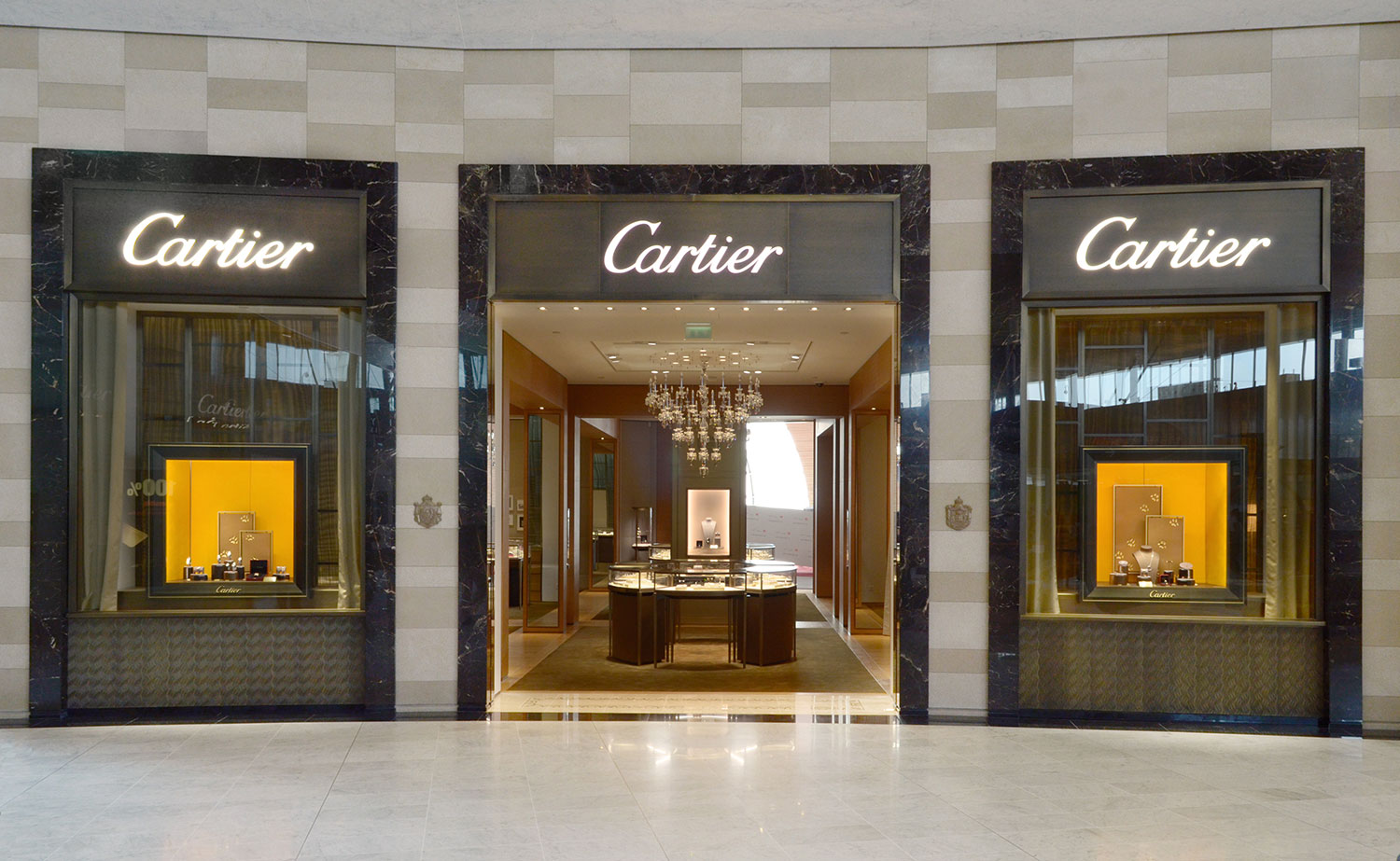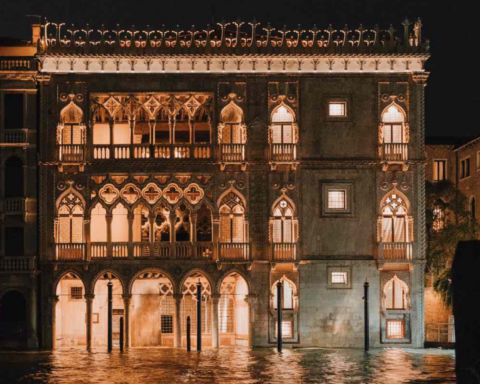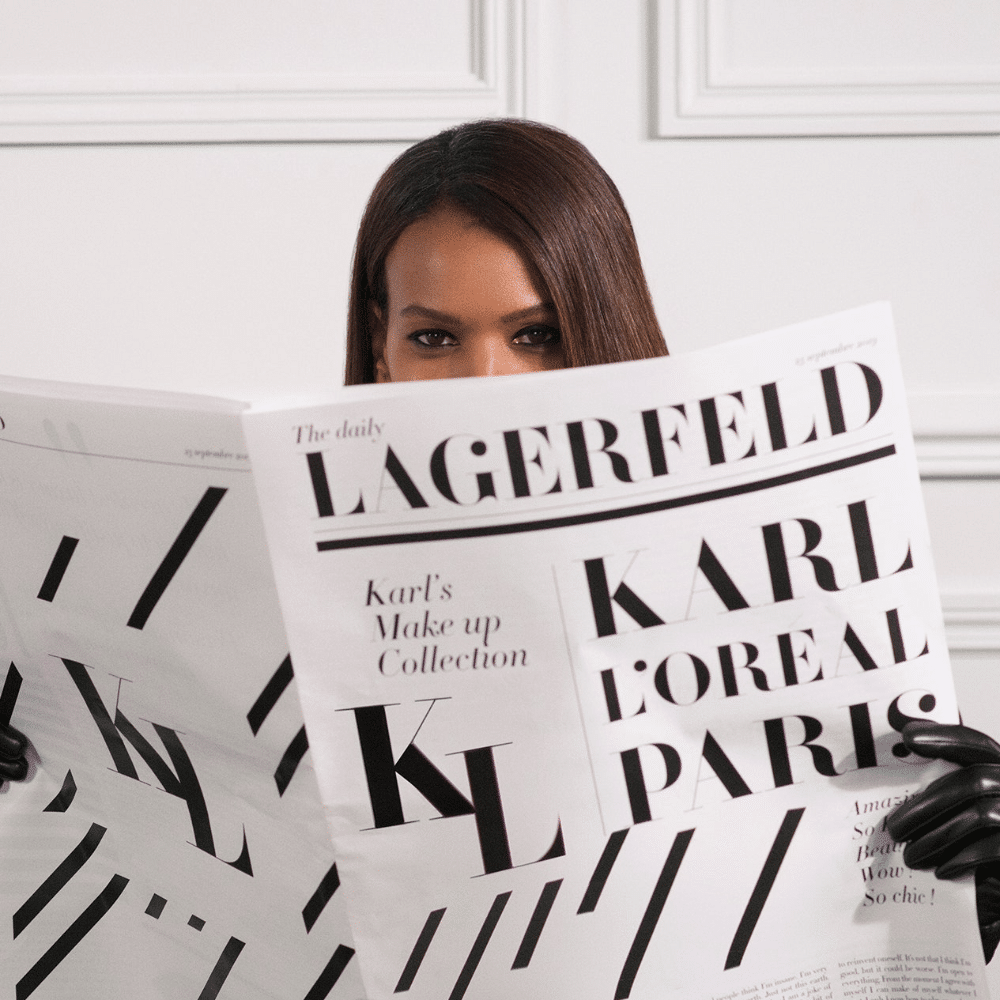[vc_row njt-role-user-roles=”administrator,armember”][vc_column][vc_column_text]
If French luxury can often reflect an image of superfluity among its population, today luxury represents an undeniable know-how and is increasingly in vogue among the French. The Cetelem Observatory unveils its latest analyses on the subject.
The Cetelem Observatory’s “zooms” are renowned for their numerous surveys and analyses on a wide range of subjects at the heart of current affairs, and in particular on consumer lifestyles that are constantly changing in line with trends.
This survey focuses on the theme of luxury and the vision it reflects today among French consumers.
Globally, the global luxury industry has been hit hard by the pandemic since the beginning of the year. Brands must today deeply review their strategies and their target, due to the upheaval in the daily life of the French who will no longer consume as before, or at least not in the same way.
Today, luxury is not seen in the same way by all French people. While 84% associate it with material issues such as jewellery (73%), some see luxury in an immaterial way, as an additional freedom (76%), or time for oneself (72%).
Overall, the first image that comes to mind when tackling the subject of luxury among the French is jewellery (62%), and far behind leather goods (39%), fashion (37%), cars (29%), real estate (22%), hotels (20%) and finally travel (18%).
But luxury today bears the label of “bling-bling” and superficiality, according to 66% of the French. A part of the population sees luxury products as ostentatious signals, which is why 66% of the French adhere to discreet and invisible brands. Nevertheless, the opinion on quality remains the same for the majority, who consider luxury goods to be beautiful and refined (79%), i.e. eight out of ten French people.
Top-of-the-range products and services are not accessible to all, with less than one in three French people saying they regularly offer them (only 31%). The reasons differ from one person to another, some offer themselves these experiences or prestigious products simply to indulge themselves (88%), others to get out of their everyday life and “dream” (82%), then some to invest in a product on the long term (73%) or to seduce (63%).
The luxury industry has always had a precise target of consumers, especially women, who are particularly sensitive to the material aspect of luxury at 88%.
Even if this target has certainly changed in recent years, luxury remains an inaccessible privilege for 79% of the French, i.e. eight out of ten French people. Today, this does not prevent the French from dreaming of it (65%), especially the young, for 72% of them, and the working classes, for 70% of them.
While opinions are sharp on the dismissed vision of luxury, nearly 90% of French people agree that France has a real impact on the luxury industry worldwide, but that nevertheless, 51% think that the sector must reinvent itself in the face of the current stakes of this pandemic.
Large historic houses exist in France, notably the famous brands Chanel, Cartier, Hermès, Louis Vuitton, and many others, but many French people unconsciously associate this type of haute-couture house with the notion of wealth, high prices (according to 91% of French people), but also quality (88%).
Times are changing. The global pandemic has profoundly changed the world’s lifestyle and consumption habits, and the luxury industry will therefore have to reconsider internal changes in line with the current economic and social stakes.
88% of French people think that luxury should keep these rare professions and know-how, and to do so, reinvent themselves in order to revive the activity (49%). But another part of the population affirms that it is a question of completely reinventing itself in the face of current concerns and values, notably ecological and political. Today, more than half of the French are suspicious of the advances made by luxury brands in terms of their eco-responsible approach (53%) against the others (15%).
Read also > LUXURY: TOP 10 BRANDS GENERATE MORE THAN HALF OF ALL GLOBAL SALES
Featured photo : © Press[/vc_column_text][/vc_column][/vc_row]










